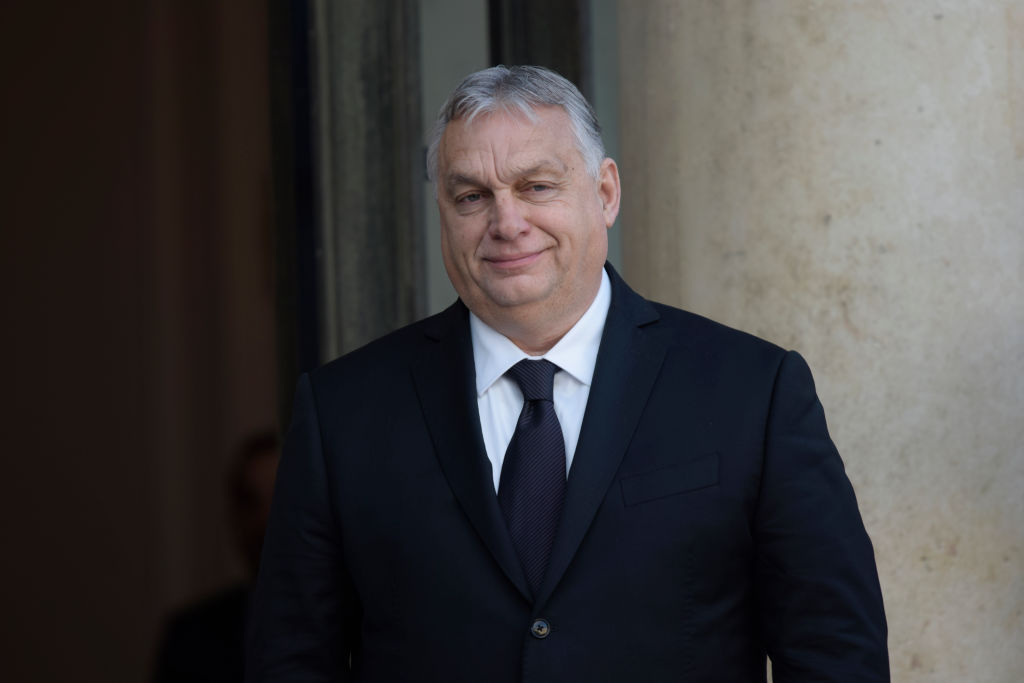The news that Hungary and China have signed a security pact, following a visit by to Budapest by Wang Xiaohong, Minister of Public Security, has been a long time in the making. In 2012, two years after beginning his second term as Prime Minister, Viktor Orban formally re-orientated Hungary’s economic and foreign policy under the slogan of the ‘Eastern Opening’. Orban understood the frustration that had returned him to power with a two-thirds majority in Parliament. Two decades of integration with western Europe had made plenty of Hungarians prosperous, but not the majority.
The introduction of the free market in Hungary was accompanied by the mass closure of businesses, and unemployment rocketed. Orban’s electoral strongholds in rural Hungary paid a particularly high price during the economic transition. The eventual arrival of EU subsidies has primarily benefited only the largest and most nimble producers. Worse was to come. The 2008 economic crisis, and the devaluation of the Forint, traumatised a swathe of the middle class who had taken out loans pegged to western currencies.

Britain’s best politics newsletters
You get two free articles each week when you sign up to The Spectator’s emails.
Already a subscriber? Log in






Comments
Join the debate for just £1 a month
Be part of the conversation with other Spectator readers by getting your first three months for £3.
UNLOCK ACCESS Just £1 a monthAlready a subscriber? Log in